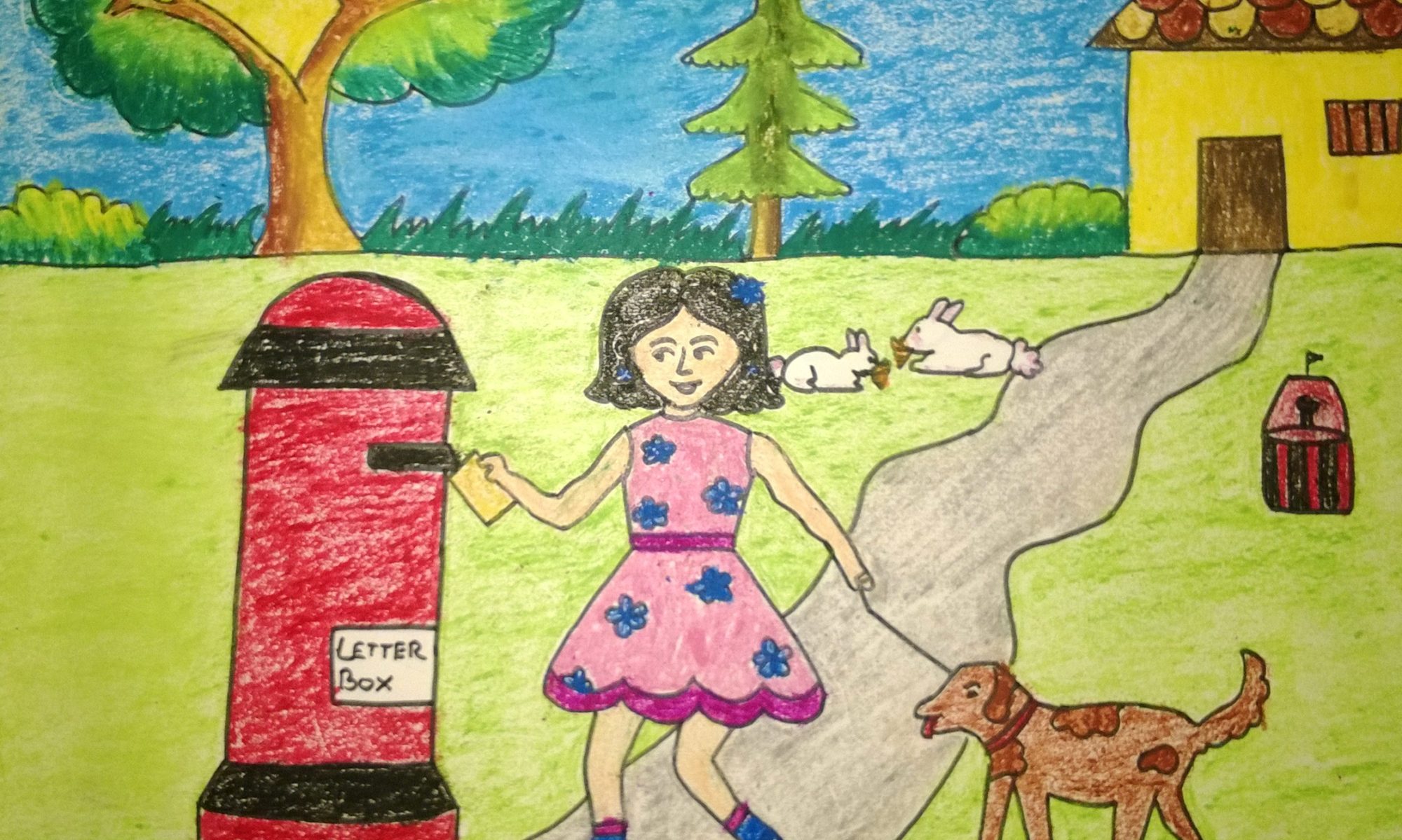As a trainee doctor working in government hospital, working with poorest in the country, I believed that education can solve most problems.
How wrong I was!
As a trainee doctor I saw suffering of people that I attributed to lack of education. They were superstitious, had bizarre ideas about illness and recovery, hardly ever followed medical advice especially about follow up of treatment. I firmly believed that as more and more people get school education, this will go away. People will have access to good information and they will make better decisions resulting in better life.
Then I completed my training and started my own private work.
Now my patients came from educated, mostly urban background and had some disposable income (hence they could afford private psychiatrist)
At the same time internet revolution was sweeping India (circa 1999-2000).
Information was freely available to anyone who could read English and afford internet.
Then internet became cheaper and arrived on phone.
And finally social media and WhatsApp happened.
How does it affect my work?
Take simple example of early childhood education.
Huge amount of information is available on internet.
But education doesn’t help us differentiate information, advertising, propaganda, knowledge and wisdom. Education dosn’t include ” नीर क्षीर विवेक” (mythological ability of swan to drink only milk and leave water behind).
Ability to read English and access to huge amount of information actually overwhelms thinking ability. This is compounded by lack of time as well. So we have information overload, poor training, time pressure and emotional situation.
Bingo! You have a decision making hell!
So mind accepts simplest possible explanation that conforms to previous biases. Add modern insecurity and belief in a world of dog eat dog. You become a perfect fodder for crooks’ designs.
Common sense (heuristics)is used by the illiterate but it is likely to be absent in the educated. Daniel Kahneman+Amos Tversky and Abhijit Bannerjee+Esther Duflo earned their Nobel Prize in economics due to their work on financial decision making.
I don’t know if medical decision making will get attention of good people of Swedish academy.
Back to our problem of early childhood education.
Now you will realize why people are willing to pay six figure sums (in ₹) to “coding for toddlers” companies. People running these companies KNOW and possibly accept in private conversations that it is all about making money.
But anxious parents with huge amount of information and lack of decision making skills get carried away. If it is so complicated for harmless education, just imagine how harmful it can get for healthcare related decisions.
Forget degrees, we need real life decision making skills.
A real life story to end this post –
As a trainee doctor, I once treated a patient with bipolar disorder. Like clockwork, he would get an episode of mania every 12-14 months for years.
He lived 300km away in a village. Arrived with his father at first sign of mania. (This sign was him sitting in village temple and singing devotional songs without break.)
His father insisted on starting electro-convulsive therapy on day one (they reached hospital on empty stomach as preparation for ECT) . He would be okay in about 10-12 days. My pleas to take lithium regularly to avoid these episodes would fall on deaf ears. His father would give back stock of lithium given to them at discharge. And they would leave only to arrive after 14 months.
I cursed their illiteracy, short shortsightedness and demands for Electro-convulsive therapy. I never tried to understand their decision making.
Now I am much older and I appreciate their wisdom in the path they chose. Taking tablets of lithium while working in field as manual laborer, keeping an eye on lithium level in blood, etc was too much problem for them. Going to free government hospital once year and taking ECT as treatment was a much more convenient option.
If I had made effort then, may be i would be on my way to Sweden to get the coveted prize 🙂
This is how Nobel prizes are lost 🙂
